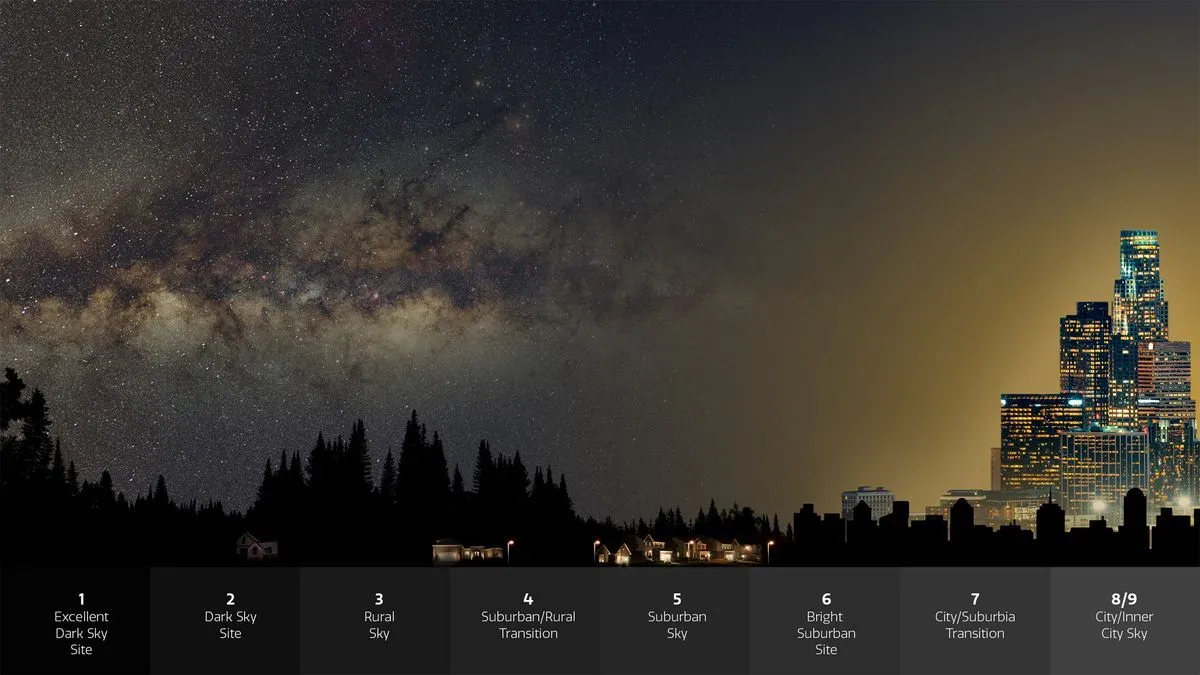The loss of dark skies is so painful, astronomers coined a new term for it
The loss of dark skies is so painful, astronomers coined a new term for it

www.space.com
The loss of dark skies is so painful, astronomers coined a new term for it

Given the harmful effects of light pollution, a pair of astronomers has coined a new term to help focus efforts to combat it. Their term, as reported in a brief paper in the preprint database arXiv and a letter to the journal Science, is "noctalgia." In general, it means "sky grief," and it captures the collective pain we are experiencing as we continue to lose access to the night sky.